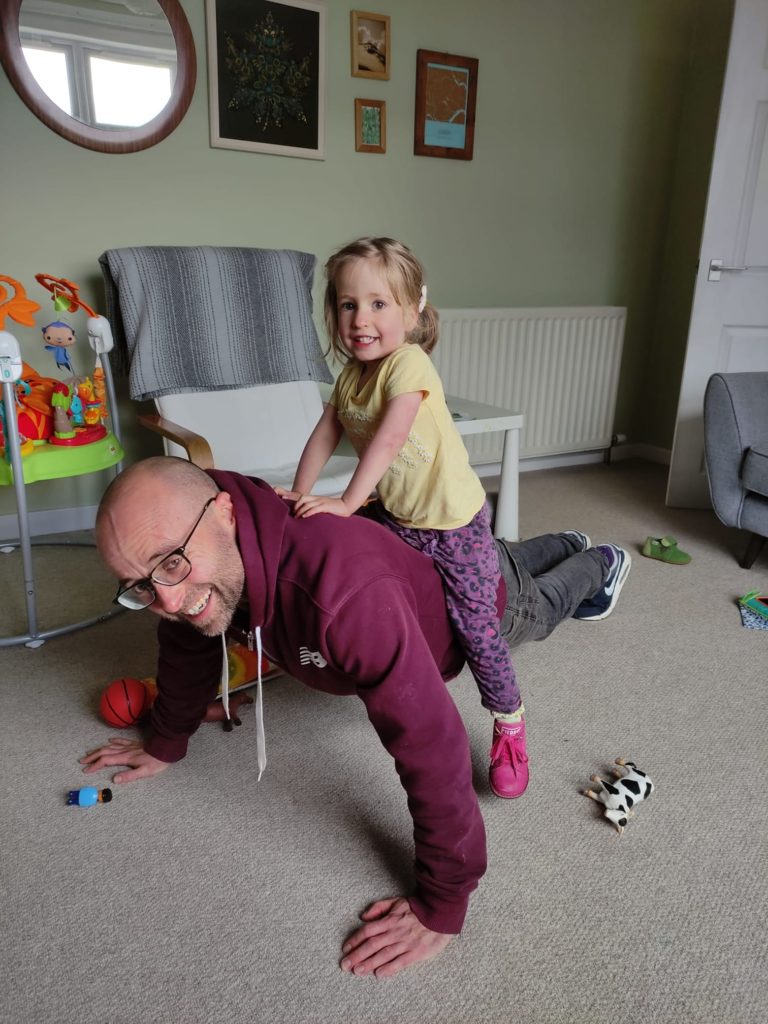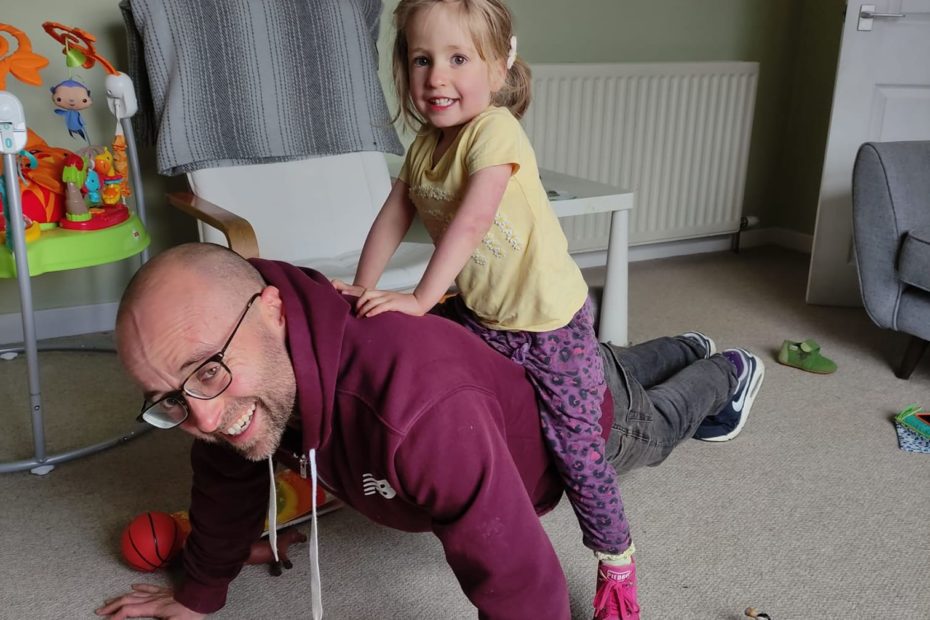By David Jack
With New Year rapidly approaching now is a good opportunity to reflect on 2021 and where we are on our journey to introduce new treatments for PWS. As we look back on 2021 we could consider it to be something of a rollercoaster year in the field of PWS research and drug trials in so far that there have been some highs and lows!
In October we all felt acute disappointment when Carbetocin, a drug developed to treat hyperphagia and anxiety, failed to get the backing of an influential FDA committee in the USA. Their backing would have paved the way for the drug to be licensed and become the first drug since Growth Hormone to be to treat PWS. On a brighter note, both FPWR and Levo Theraputics, the company behind the drug, remain committed to Carbetocin which yielded some positive data. None the less, the FDA committee ruling presents a set back and is of particular anguish to those individuals and families who were adamant the drug was a great help.
Meanwhile, DCCR another promising drug designed to treat hyperphagia faced problems as the FDA asked for more data following the conclusion of a phase 3 trial back in March. Whilst this proved a disappointment, it was shown that Covid 19 had negatively impacted the trial and an open label extension was subsequently granted to gather more data. This has since yielded positive results and it appears for many, the drug has become more effective over time with other benefits such as reduced anxiety and better tone being very welcome ‘secondary’ improvements. We will wait with further anticipation as Soleno, the drug company behind DCCR, continue to progress the drug through the regulatory process in the USA with the support of FPWR and other PWS stakeholders.
2021 also saw other promising drugs move into and through the trial phases; Tesomet, a drug for treatment of hyperphagia is currently recruiting across global sites. Pitolisant a drug developed for narcolepsy (but believed to carry many secondary benefits) is currently recruiting for trial in the USA along with a Cannabis derivative ‘Cannabidivarin’, another promising drug. Another hyperphagia drug ‘ARD-101’, developed by Sorrento Theraputics hopes to recruit participants for phase 2 trials. All in all there is a lot going on and much to be optimistic about! You can find out more about current clinical trials by clicking here https://www.fpwr.org/pws-clinical-trials#undefined
It should be noted that the drugs mentioned above are the product of increased understanding of PWS which is only possible through research. Many new insights were gained during 2021 which help pave the way for treatments but also improve standards of care. For example a study published in June 2021 concluded that the use of Growth Hormone is safe and beneficial for adults with PWS. Other studies have focused on the benefits of pre and pro biotics; a study published in February 2021 indicated that the Probiotic BL-11 can have benefits for children with PWS. Meanwhile other studies continue to understand PWS at a genetic level; a study published in August 2021 sought to examine the critical ‘Magel 2’ gene (inactive in PWS), knowledge of which, is deemed to be important towards developing genetic therapies.
In summary, despite it having been a rollercoaster year, there is real reason to believe that as we leave 2021, we should be confident that our goal to get new treatments for PWS has moved closer. It’s particularly impressive when you consider that everything mentioned in this blog has been completed against the difficult backdrop of Covid. That in itself demonstrates that there are so many committed people striving to make lives better for those with PWS. There is therefore much to be optimistic about and I look forward to seeing what 2022 brings.

